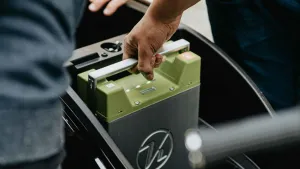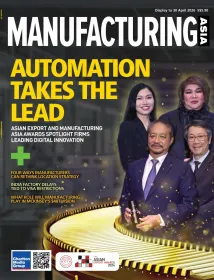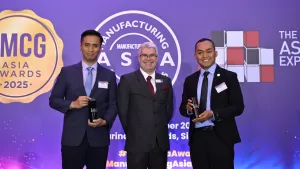
Manufacturers to benefit from RCEP Signing: Fitch Solutions
The agreement will reduce tariffs and establish rules in around 20 areas.
The open and free trade agenda may have hit a roadblock under outgoing US president Donald Trump, but that hasn't stopped 15 countries including 10 ASEAN nations from joining together in their own trade club called RCEP.
For manufacturers this is a boon and should lead to more sales and trading opportunities with intra-asian trade.
It will remove duties on 61% of imports from ASEAN members, Australia, and New Zealand, 56% from China, and 49% from South Korea.
But one area that is not set for such a gain is food, argues Fitch. It says that consideration of the many food exporters in the bloc, RCEP will entail less removal of tariffs on farm and fishery products versus the Trans-Pacific Partnership (TPP) or the Japan-European Union economic partnership agreement. Japan will also maintain import duties on five politically sensitive product categories: rice, wheat, beef and pork, dairy and sugar. In comparison, Tokyo scrapped import tariffs on 82% of farm and fishery products under the TPP and its deal with the EU.
“More importantly, the RCEP will simplify rules and procedures within a single arrangement for the many ASEAN ‘plus one’ free trade agreements (FTA) that currently exist, which should improve trade efficiency. It would also solve the problem of ASEAN being saddled complicated rules spanning multiple FTAs which stipulate different rules for each country,” Fitch said in a note.
The ratings agency argued that Southeast Asia as a region has a high level of intra-industry trade owing to its large and growing electronics sector and that the RCEP should also help strengthen the integration of regional supply chains which will benefit participants over the long run. Moreover, ASEAN economies can also stand to gain from increased technical cooperation with advanced economies in the bloc to improve their competitiveness.
















